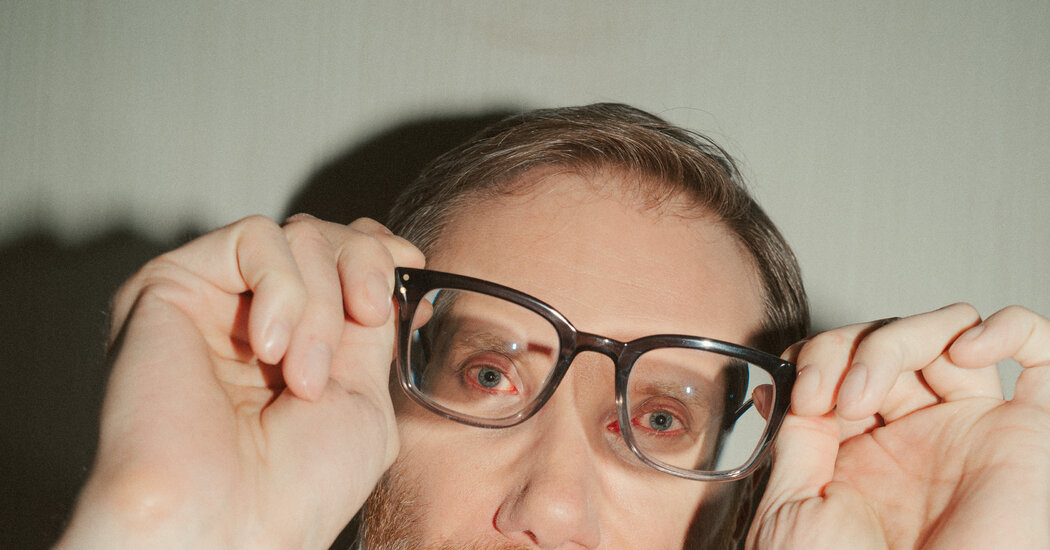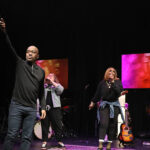
“The Outlaws” was originally planned as a movie. Why did you make it a mini-series instead?
We could just explore all the characters more fully — you could go into their lives and go home with them. Also, we started working on it during the rise of Trump and it was Brexit in the U.K. Culturally, we were faced with divided times, politically and socially, and we wanted the characters to seem like clichés, almost like archetypes.
You have Rani (Rhianne Barreto) describe each character’s archetype in the first episode. Why did you decided to spell that out so literally?
We wanted to say, “We know what your assumptions are, and stick with us because we want to explore them.” One of the hardest things about the show is explaining the tone of it. Some people will assume that it’s a sitcom because of me and my track record. So we wanted it to have comedy, but to be dramatic and to have a genre thriller feel.
What other shows were inspiring you, if not sitcoms?
I mainly watch thrillers; they’re my go-to. In my early years, I was watching Hitchcock or Billy Wilder stuff, which felt like it could have humor in the DNA of it. Some of my favorite TV, like “The Sopranos,” has a lot more humor in it than people remember — I think of that classic “Pine Barrens” episode where they get stuck in the snow, and it’s absolutely hysterical. So I like the idea that you can have something that is, by turns, comic and then dramatic. You can turn on a dime, and the scenes don’t have to end with a punchline if you don’t want them to.
Perhaps that genre blurring now is more common, with “Succession” and other shows that straddle that line, but perhaps it always was. When “M*A*S*H” was shown in the U.K., when I was growing up, it didn’t have a laugh track. So I would find it absolutely extraordinary because it felt like it was a really bleak, existential drama about these people cutting up bodies and trying to laugh in the face of death. And then when I came to America, I saw a rerun with this canned laughter like “The Flintstones.” I was like, “This is too weird.”
How did Christopher Walken get involved in “The Outlaws”?
There was going to be an American character because we liked the idea of someone who didn’t belong there, and initially you were intrigued and there was a little bit of glamour like, “Why is this person in a small English town?” And then, over time, you realize he’s small and petty and a nobody in the way that these other characters are. There had to be someone of a certain vintage, and we were just naming people and No. 1 was Walken, and it was like, “Well, could we get him?”




